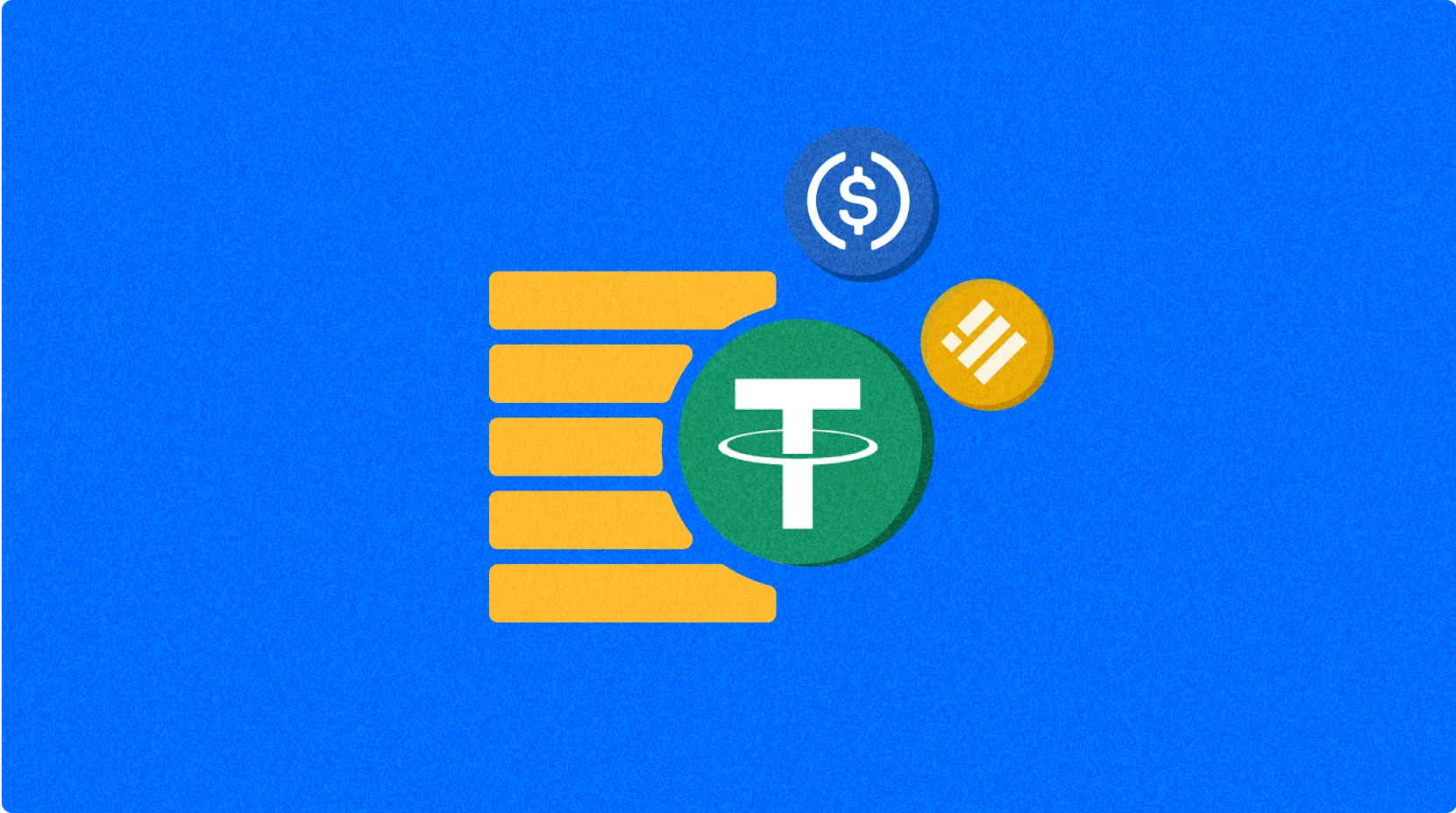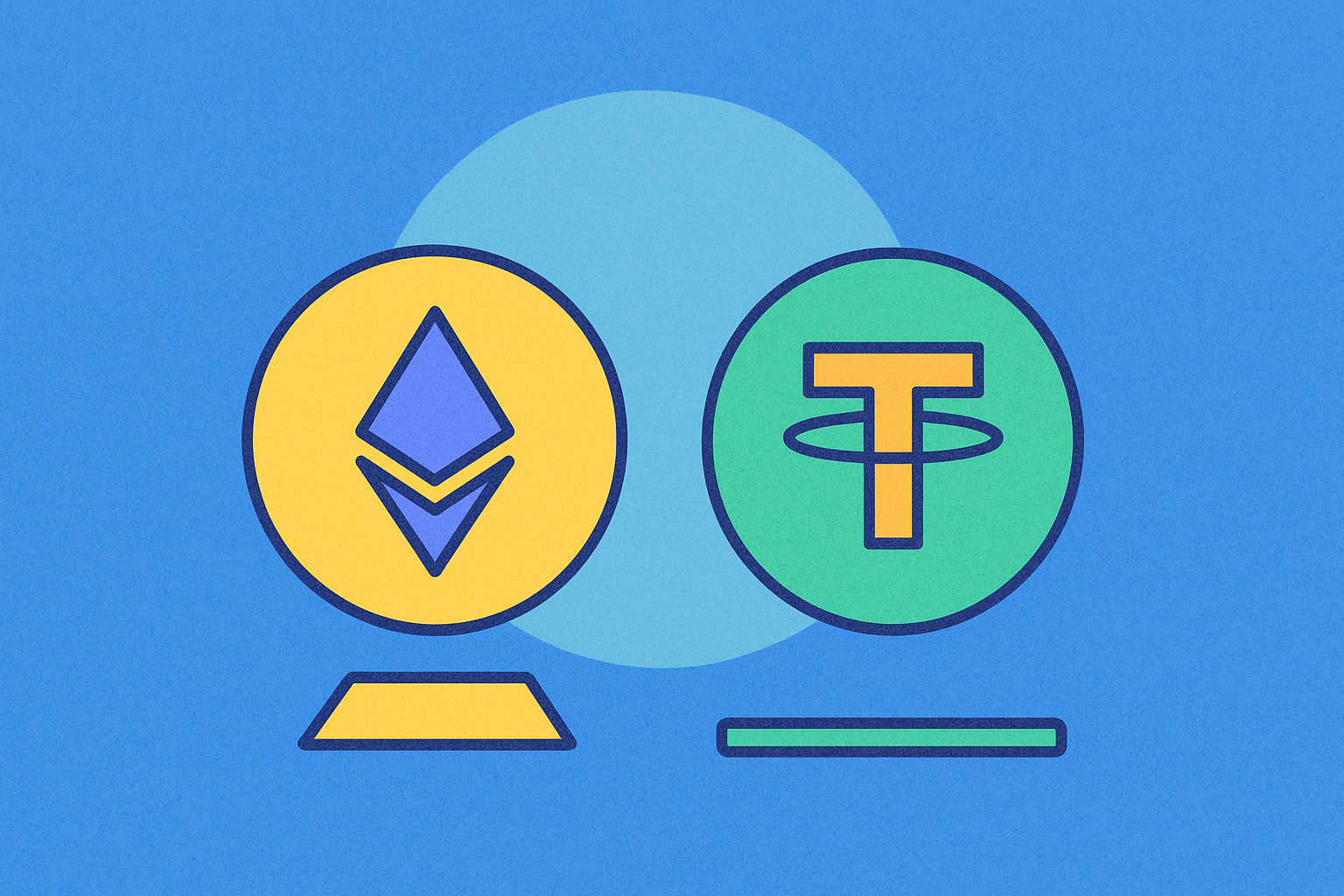Quantum Finansal Sistem ne zaman başlayacak?


Kuantum Finansal Sistemi Atılımı: Bilmeniz Gerekenler
Kuantum Finansal Sistem (QFS), finans teknolojisinde devrim niteliğinde bir sıçramayı temsil ediyor; kuantum hesaplama, yapay zeka ve blok zincirini birleştirerek küresel finans alanında yeni bir paradigma yaratıyor. Bu sistem, olağanüstü bir ölçekte artırılmış güvenlik, anlık işlemler ve merkeziyetsizlik vaat ediyor. 2025 itibarıyla QFS, artık uzak bir kavram değil, finansal manzarayı yeniden şekillendirmeye başlayan somut bir gerçeklik. Kuantum hesaplama ilkelerinin entegrasyonu, siber saldırı girişimlerine karşı neredeyse delici bir kalkan sağlıyor ve bunu şimdiye kadar tasarlanan en güvenli finansal sistemlerden biri haline getiriyor. Bu kuantum düzeyindeki güvenlik, finansal kurumlara yönelik siber tehditlerin giderek daha karmaşık ve sık hale geldiği bir çağda özellikle kritik öneme sahip.
QFS'nin kuantum hızlarında büyük miktarda veriyi işleme yeteneği, küresel mali kayıtların gerçek zamanlı analizini sağlar, veri analizi, optimizasyon ve dolandırıcılığı önleme için gereken süreyi önemli ölçüde azaltır. İşlem gücündeki bu kuantum sıçraması yalnızca marjinal bir iyileştirme değil, mali sistemlerin çalışma biçiminde köklü bir değişimdir. Örneğin, geleneksel süperbilgisayarların tamamlaması yıllar sürecek görevler artık birkaç saniye içinde gerçekleştirilebiliyor, bu da finansal modelleme ve risk değerlendirmesi için yeni olanaklar açıyor.
Kuantum finans sistemi zaman çizelgesinin tam uygulanması 2030'lara ve sonrasına uzansa da, önemli kilometre taşları şimdiden başarıyla geçildi. Büyük finansal kurumlar ve teknoloji devleri, kuantum araştırma ve geliştirmeye büyük yatırımlar yaptılar; erken prototipler, belirli finansal uygulamalarda kuantum üstünlüğü potansiyelini göstermektedir. QFS'in mevcut blok zinciri teknolojileri ile entegrasyonu, her iki dünyanın en iyisini bir araya getiren hibrit bir sistem oluşturuyor – blok zincirinin merkeziyetsiz güveni ile kuantum bilgisayarlarının işlem gücü.
Kuantum Finansal Sistem Uygulama Zaman Çizelgesi: 2025'ten 2045'e
Kuantum finansal sistemin uygulanma tarihi tek bir zaman noktası değil, iki yüzyılı aşan kademeli bir süreçtir. 2025 itibarıyla bu dönüşümün erken aşamalarını gözlemliyoruz. Finansal kurumlar, gelecekteki kuantum tehditlerine karşı korunmak için kuantum direncine sahip kriptografik protokoller geliştirmeye aktif olarak devam etmektedir. Tam QFS uygulamasının zaman çizelgesinin aşağıdaki gibi gelişmesi beklenmektedir:
| Yıl Aralığı | Ana Gelişmeler |
|---|---|
| 2025-2030 | Büyük finansal ağlarda kuantum dayanıklı kriptografinin dağıtımı |
| 2030-2035 | Kuantum bilgisayarlarının risk modellemesi ve yüksek frekanslı ticarette entegrasyonu |
| 2035-2040 | Banka transferlerinde kuantum güvenli iletişimin yaygın benimsenmesi |
| 2040-2045 | Küresel finans sistemleri boyunca kuantum teknolojilerinin tam entegrasyonu |
Bu aşamalı yaklaşım, mevcut sistemlerin kademeli olarak uyum sağlamasını ve gerekli düzenleyici çerçevelerin geliştirilmesini sağlar. Bu zaman çizelgesinin mevcut projeksiyonlara dayandığını ve kuantum teknolojileri beklenenden daha hızlı ilerledikçe hızlanabileceğini belirtmek önemlidir.
QFS Entegrasyonu Blockchain ve Kripto Pazarlarını Nasıl Dönüştürüyor
QFS'nin blockchain teknolojisi ile entegrasyonu, kripto manzarasını dönüştüren bir sinerji yaratıyor. Bu QFS blockchain entegrasyonu, kripto para ağlarının güvenliğini, ölçeklenebilirliğini ve verimliliğini artırıyor. Potansiyel kuantum saldırılarından blockchain sistemlerini korumak için kuantum dayanıklı algoritmalar geliştiriliyor, böylece kripto paraların uzun vadeli geçerliliği sağlanıyor. Kuantum finans sistemi kripto etkisi çok yönlüdür, işlem hızlarından kriptografik güvenliğin doğasına kadar her şeyi etkilemektedir.
Kripto para borsaları alanında, gibi platformlarKapıkuantum dirençli teknolojilerin benimsenmesinde öncüdür. Bu gelişmeler, post-kuantum dünyasında dijital varlık işlemlerinin bütünlüğünü korumak için hayati öneme sahiptir. Kuantum sistemlerinin sunduğu artan hesaplama gücü, aynı zamanda kripto madenciliğini devrim niteliğinde değiştiriyor ve geleneksel blok zinciri uzlaşma mekanizmalarıyla ilişkili enerji tüketimi sorunlarını potansiyel olarak çözüyor.
Ayrıca, QFS, kripto alanında daha sofistike finansal araçların kullanılmasını sağlıyor. Ticaret stratejilerini optimize etmek, risk yönetimini geliştirmek ve karmaşık kripto türevleri için daha doğru fiyatlama modelleri oluşturmak amacıyla kuantum algoritmaları uygulanıyor. Kuantum bilişim ve blok zinciri arasındaki bu birleşim, mevcut sistemleri geliştirmekle kalmayıp, daha önce mümkün olmayan tamamen yeni finansal ürünler ve hizmetler için de yol açıyor.
Finans Alanında Kuantum Hesaplama için Anahtar Dönüm Noktaları (2025-2030)
Finansta kuantum hesaplama geleceği halihazırda şekilleniyor ve kısa vadede birkaç önemli kilometre taşı bekleniyor. 2025 ile 2030 yılları arasında, QFS'nin daha geniş kapsamlı uygulanabilirliği için temel oluşturacak önemli ilerlemeler bekliyoruz. Bu gelişmeler şunları içeriyor:
Finansal uygulamalar için özel olarak tasarlanmış ilk ticari kuantum bilgisayarların devreye alınması, portföy yönetimi ve risk değerlendirmesinde karmaşık optimizasyon problemlerini çözme kapasitesine sahip. Büyük finansal kuruluşların dolandırıcılık tespiti ve algoritmik ticaret gibi belirli kullanım durumlarında kuantum avantajı elde etmesi bekleniyor ve bu, klasik hesaplama yöntemlerine kıyasla belirgin bir üstünlük sergiliyor. Kuantum güvenli kriptografi standartları tamamlanacak ve finans sektöründe yaygın bir şekilde uygulanmaya başlanacak, böylece hassas finansal verilerin gelecekteki kuantum tehditlerine karşı güvenliği sağlanacak.
Mali kurumlar, teknoloji şirketleri ve düzenleyici otoriteler arasındaki işbirlikleri, kuantum prensiplerini kullanarak işlem yapabilen ilk kuantum hazır mali ağların kurulmasıyla sonuçlanacaktır. Mali tahmin modellerine uyarlanmış kuantum makine öğrenimi algoritmaları üzerindeki araştırmalar, piyasa trendleri ve ekonomik göstergelerin daha doğru bir şekilde tahmin edilmesini sağlayarak önemli atılımlar gerçekleştirecektir. Kuantum sensörlerinin mali altyapıya entegrasyonu, yüksek frekanslı ticaret için zaman damgalama hassasiyetini artıracak ve küresel mali sistemlerin senkronizasyonunu iyileştirecektir.
Bu kilometre taşları, Kuantum Finansal Sistemi'nin tam anlamıyla gerçekleştirilmesine yönelik kritik adımları temsil etmekte ve önümüzdeki on yıllar boyunca devam edecek finansal bir devrim için zemin hazırlamaktadır. Bu gelişmeler ilerledikçe, Gate gibi platformlar, geleneksel finans ile kuantum destekli kripto paralar ve dijital varlıkların geleceği arasında köprü kurmada hayati bir rol oynayacaktır.

Kuantum Finansal Sistemi Ne Zaman Başlayacak?

Çin Ulusal Halk Kongresi (NPC), 2025 yılında siber güvenlik ve acil durum müdahale yasalarını nasıl güçlendiriyor?

2032 yılına kadar CRO'lar, hızla büyüyen küresel pazarda rekabet üstünlüğünü nasıl sağlıyor?

DOGE'nin güvenliği, yetkisiz veri erişimi nedeniyle nasıl tehlikeye girdi?

PLANCK nedir: Kozmik Mikrodalga Arka Planı Keşif Uydusunu Tanıtıyoruz

NSA'nın TAO Birimi Kripto Para Ağları İçin Hangi Güvenlik Risklerini Oluşturuyor?

ETH/USDT İşlem Çifti Rehberi: Ethereum ve USDT'nin Temel Özelliklerini Anlama

Kripto Para Madenciliği Rig'lerinin Çalışma Prensipleri | Kapsamlı Kılavuz

Yeni Başlayanlar İçin Zaman Dilimi Uyum Stratejileri | Temel Alım-Satım Rehberi

2024 yılında Android ve iOS platformlarında kullanılabilecek en iyi Bitcoin madencilik uygulamaları

Güvenli bir kripto para cüzdanı seçme rehberi







